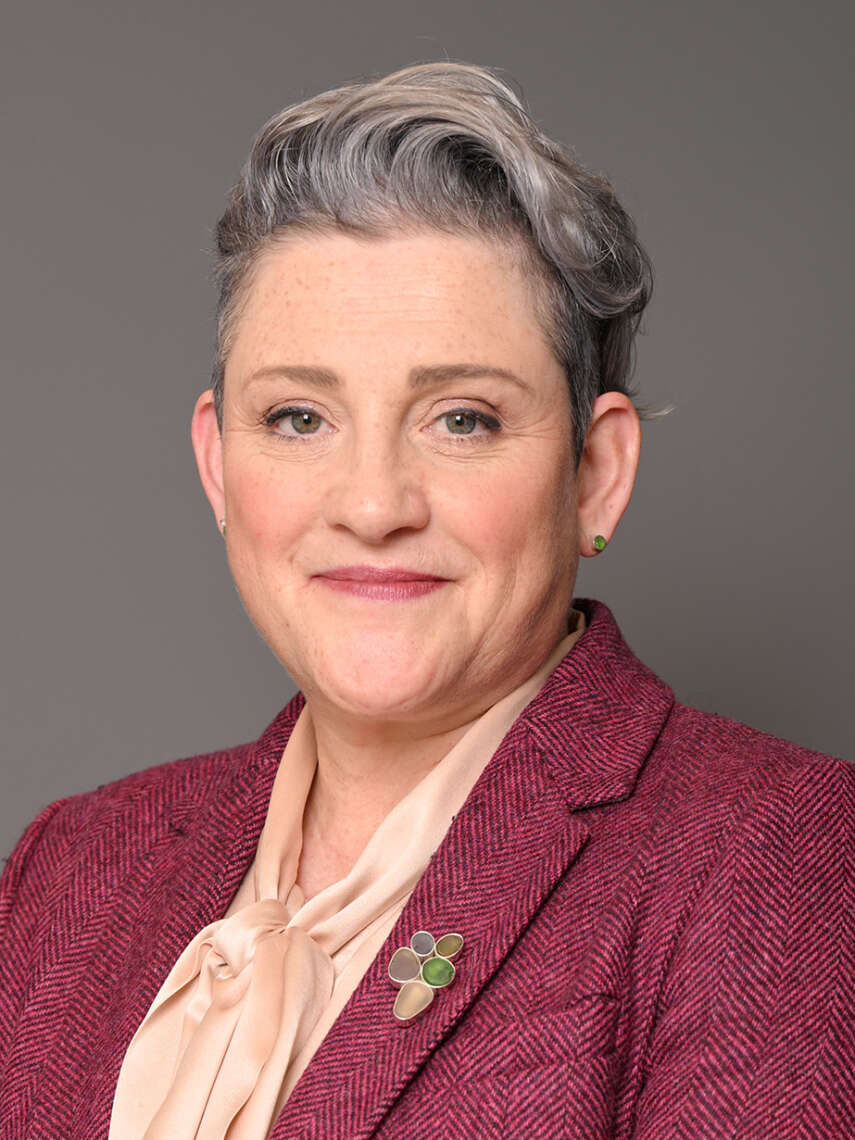The Labour government unveils 10-Year Reform Plan for the NHS with Faith and Community Centres as Health Hub
In a landmark shift that could redefine how healthcare is delivered across Britain, Prime Minister Keir Starmer and Health Secretary Wes Streeting unveil 10-year health reform plan for the NHS. Designed to reduce pressure on overstretched hospitals and improve long-term health outcomes, the plan aims to move the NHS from a reactive, hospital-led service to a proactive, community-powered model that puts people at the centre of care.
Backed by a £29 billion investment, the reform will overhaul not just frontline services but also internal NHS systems. The goal is to eliminate unnecessary bureaucracy and make better use of healthcare staff. Outdated IT systems will be replaced with a single digital platform for rostering and HR, and mandatory training will be streamlined. More jobs will be created, including new training posts for resident doctors and expanded apprenticeship schemes.

In an exclusive interview with Asian Lite, Health Minister Ashley Dalton said community centres will play a central role in the plan. She highlighted how this reform will be deeply rooted in local neighbourhoods, especially in ethnically diverse and underserved areas.
“Under the new 10-year NHS plan, we are moving away from a reactive, hospital-led system to a more proactive, community-driven model,” said Dalton. “This means bringing essential health services closer to where people live — in their homes, places of worship, and community hubs. Whether it’s health checks, mental health support, or preventive care, we want every citizen, especially in underserved areas, to feel supported without the barriers of distance or long waits.”
This people-first approach is particularly significant for Black & Asian communities, which have seen a worrying rise in lifestyle-related conditions such as diabetes, hypertension, and sickle cell anaemia. These conditions, often compounded by limited access to early diagnosis or culturally appropriate healthcare, put individuals at greater risk of hospitalisation and chronic illness.
Recognising this, the new health plan will work closely with the third sector—including charities, voluntary groups, and faith organisations—to spearhead health education campaigns and deliver primary care support in more culturally responsive ways.
“We’re giving power back to those on the frontline—our nurses, GPs, and therapists,” said Minister Dalton. “And we’re supporting them with better technology, better training, and better wellbeing resources.”
Community-led initiatives are expected to include regular health screenings at temples, mosques, gurudwaras, and churches, as well as fitness, diet, and mental health programmes tailored to meet the needs of local populations.
“The NHS can’t do it alone,” the Minister said. “We need the power of our communities. Faith leaders, local charities, and volunteers are trusted voices and natural influencers. When they talk about health, people listen.”
The new plan outlines three major shifts: From Hospital to Community – Care will increasingly be delivered on people’s doorsteps, through GP practices, local pharmacies, and newly developed neighbourhood health centres. These centres will offer not just medical care but also support from nurses, employment advisers, social workers, and mental health professionals—all under one roof. Open six days a week for up to 12 hours a day, they will become a cornerstone of the NHS’s new model of care.
Technology will play a central role in freeing up NHS staff and improving patient experience. A single, unified patient record system will ensure individuals don’t need to repeat their medical history multiple times. AI-assisted triage systems and digital self-referral tools will be rolled out via the NHS app, streamlining access to care and cutting unnecessary delays.
Digital access will also improve, with guaranteed same-day online consultations and better integration across services. Prescriptions, referrals, and even some diagnostic checks will be handled without the need for a hospital visit.
New features like a digital “Red Book” for children’s health records and AI-powered scribing and helplines for staff aim to bring the NHS into the modern era, improving efficiency and consistency across the board.
Preventing illness before it happens is a core principle of the reform. From tackling childhood obesity through better food access and banning energy drinks for under-16s, to launching new home-based cancer screening kits, the emphasis is on making the “healthy choice the easy choice.”
Those most at risk—especially in disadvantaged communities—will receive tailored interventions, such as personalised wellness plans, weight loss services, and financial support to enable healthier lifestyles.
The plan also places a strong emphasis on tackling health inequalities. By working closely with Integrated Care Systems (ICSs), the NHS will collaborate with local authorities and voluntary groups to develop health solutions tailored to the needs of different communities. This includes addressing social determinants of health such as housing, education, and employment.














